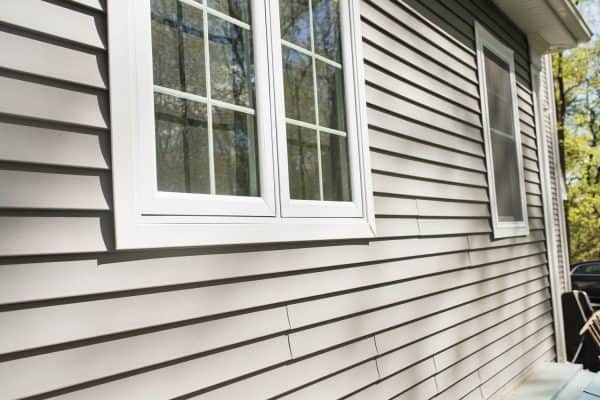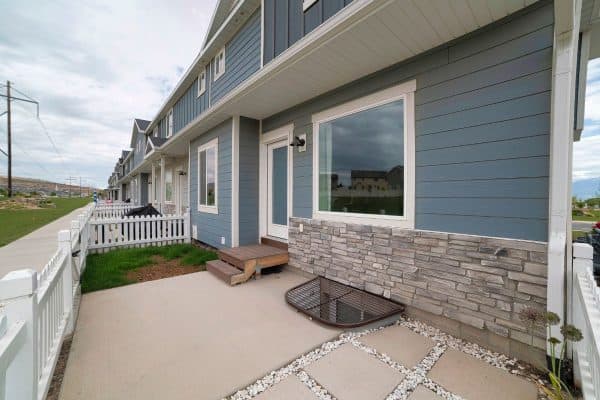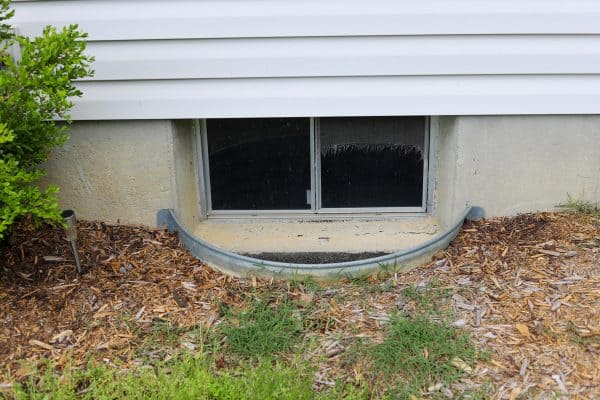Have you ever wondered what glass you should use for your basement windows? We know that there are specific requirements when it comes to basement windows. Do they include having tempered glass? That's what we researched and here's what we learned.
Some, but not all, basement windows need to be tempered. Your basement window has to meet all of the four criteria below that have been set by the International Residential Code (and other local laws) before you'll be required to use a tempered window in your basement.
- window size is more than 9 square feet
- the bottom edge of the window is less than 18 inches from the floor
- window's top edge is more than 3 feet above the floor
- there's a walkway within 3 feet
Continue reading to find out more about these requirements and understand better why they are mandated by law. We'll also tell you more about tempered glass, how it is made, its uses, and the advantages and disadvantages of using it. Let's go right into it!
When is tempered glass required?
The basement is not an ordinary part of the house. Being underground leads to certain requirements to make basements safe to use at all times especially if you're using this area as a living space and not just for storing stuff.
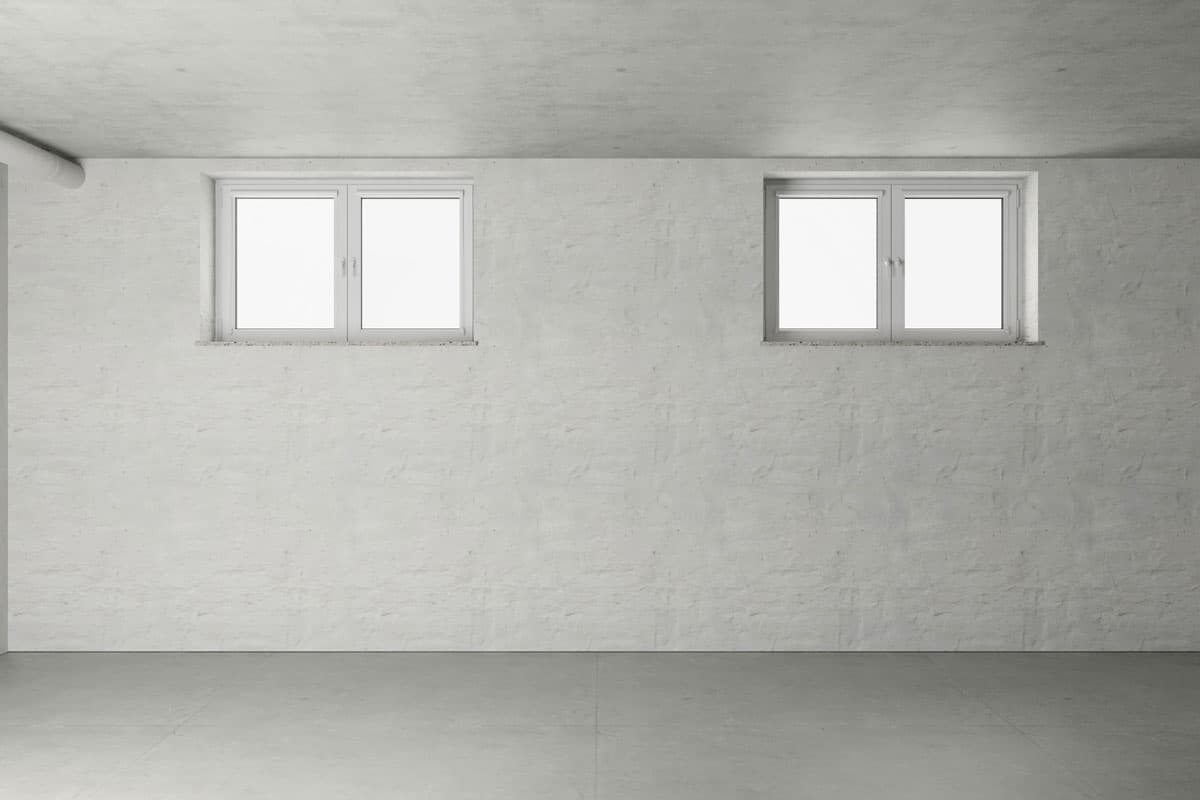
Conventional glass, as we all know, can be fragile. All it takes is some force and it'll break into sharp pieces compromising the safety of the people and pets around the area.
But tempered glass is different. Its strength is said to be up to five times stronger than that of conventional glass. This is absolutely revolutionary!
It makes the glass safer to use because of its increased durability. If ever it breaks, it doesn't turn into sharp shards that can endanger individuals present in the area. Tempered glass breaks into small and dull square pieces that won't pose an immediate risk to people and animals.
This is why the International Residential Code favors the use of tempered glass and laws have been adapted at the national and local levels to require the use of tempered glass in house construction.
But not all portions of the house that have glass are required to be tempered. For example, in the case of basement windows, they only need tempered glass when they meet all of the criteria below:
- The window is more than 9 square feet in size.
- The bottom edge is less than 18 inches from the floor.
- The top edge is more than 3 feet from the floor.
- It is within 3 feet of any walkway such as stairs, ramp, or any form of landing.
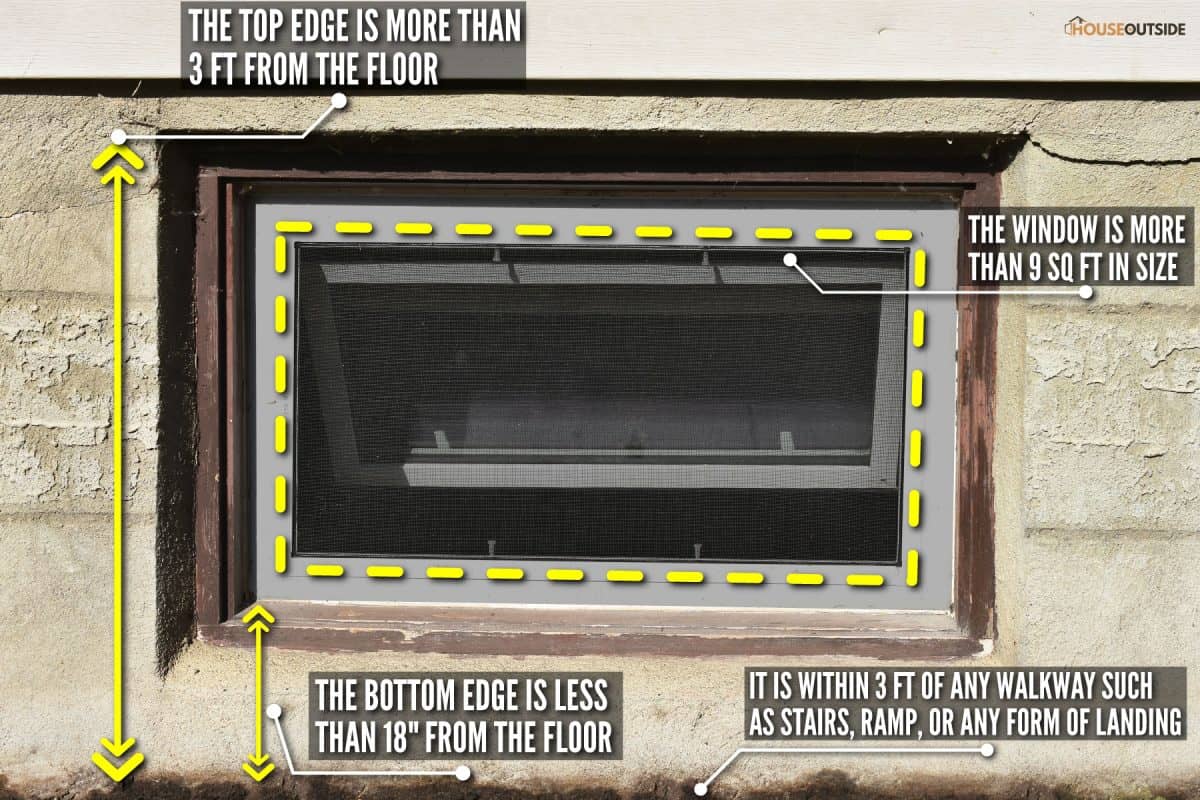
All of the above criteria have to be met before tempered glass is required for your basement egress windows. It all boils down to mitigating risks and ensuring that your safety won't be compromised by having glass material on your windows.
What is tempered glass and what is it used for?
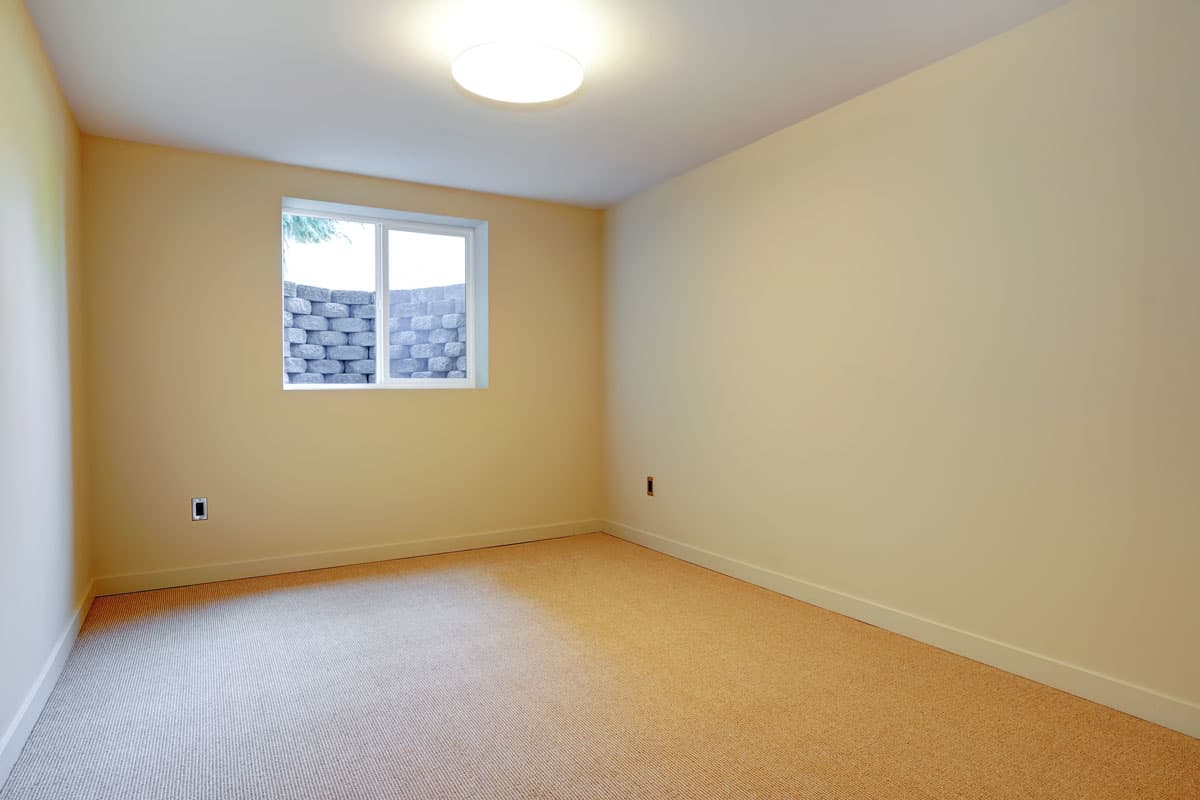
Now that we have clarified the requirements for using tempered glass on your basement windows, let us delve deeper into this type of glass and its properties.
Tempered glass, also referred to as "toughened glass," is a kind of safety glass. The process of making it is different from conventional annealed glass.
It is made through a process called tempering (thus the name). It involves heating the glass to very high temperatures reaching 1,200 degrees Fahrenheit. Then it is quickly quenched by blasting it with cool air.
The rapid temperature change causes thermal shock and compression on the glass surface while its center layer is in constant tension. This is what makes the tempered glass very strong.
As stated earlier, it is almost five times more durable than regular glass making it the safer choice since it is less likely to break upon contact. One needs to apply a pressure of 24,000 psi before tempered glass breaks.
It also needs to be sized according to your specifications before production. You cannot have it cut or resized afterward as this can compromise its strength. That's why tempered windows are more expensive than those windows using regular glass.
Because of this meticulous manufacturing process, one can expect that this type of safety glass is more expensive than conventional or annealed glass.
So, when you use tempered glass on all windows in your house, it can drive the cost of your materials higher. It's a good thing then that the law only requires certain house windows and doors to be tempered. These are the ones that have a direct impact on your daily safety.
Aside from basement egress windows, tempered glass can also be used on different kinds of doors and windows in the house such as sliding doors and shower doors.
Check out this tempered shower glass panel on Amazon.
This type of glass is also commonly used in car windows, tabletops, gadget screens and screen protectors, kitchen appliances, railings, diving masks, and other construction purposes where increased safety is needed.
Find this laptop tempered glass screen protector on Amazon.
What are the advantages and disadvantages of using tempered glass?
Homeowners know by now that each material they use has its own benefits and drawbacks. Knowing more about these things will help them come up with an informed and wise decision about the products that they choose for their homes.
Here are the benefits and drawbacks of using tempered glass.
Pros
Let's start with the advantages that you stand to gain from tempered glass.
Durability
Tempered glass has undergone rigorous heating and quenching to achieve durable strength which is three to five times that of regular or annealed glass. It is less likely to break than conventional glass.
Safety
With more strength comes increased safety. It isn't called "safety glass" for nothing. It has a better resistance against heat and pressure that enhances the protection that it provides to your house.
If ever it breaks, it'll form tiny and blunt squares that won't pose any serious harm to people and pets around it.
Cons
Here are the drawbacks of using tempered glass.
Safety Concerns
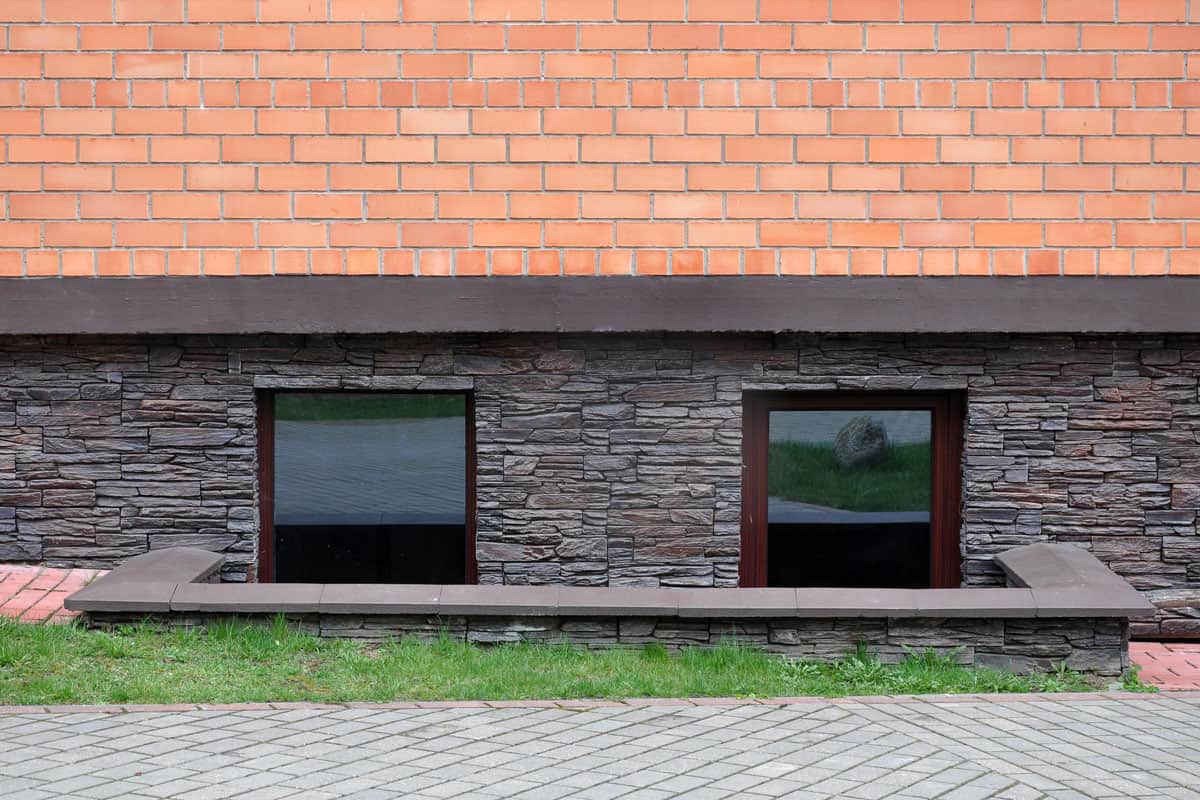
Tempered glass isn't unbreakable. It can still break and it also has a tendency for self-explosion.
Although we said that it breaks into relatively safe tiny pieces, once it happens, everything shatters leaving your window, door, or other glass structures open and defenseless from possible intruders. You need to have it replaced immediately so as not to compromise your home security.
Surface Irregularities
Due to the tempering process and thermal shock, the surface might not be even, especially when it comes to thickness. Some parts may be thinner or have wind spots.
Precise Sizing
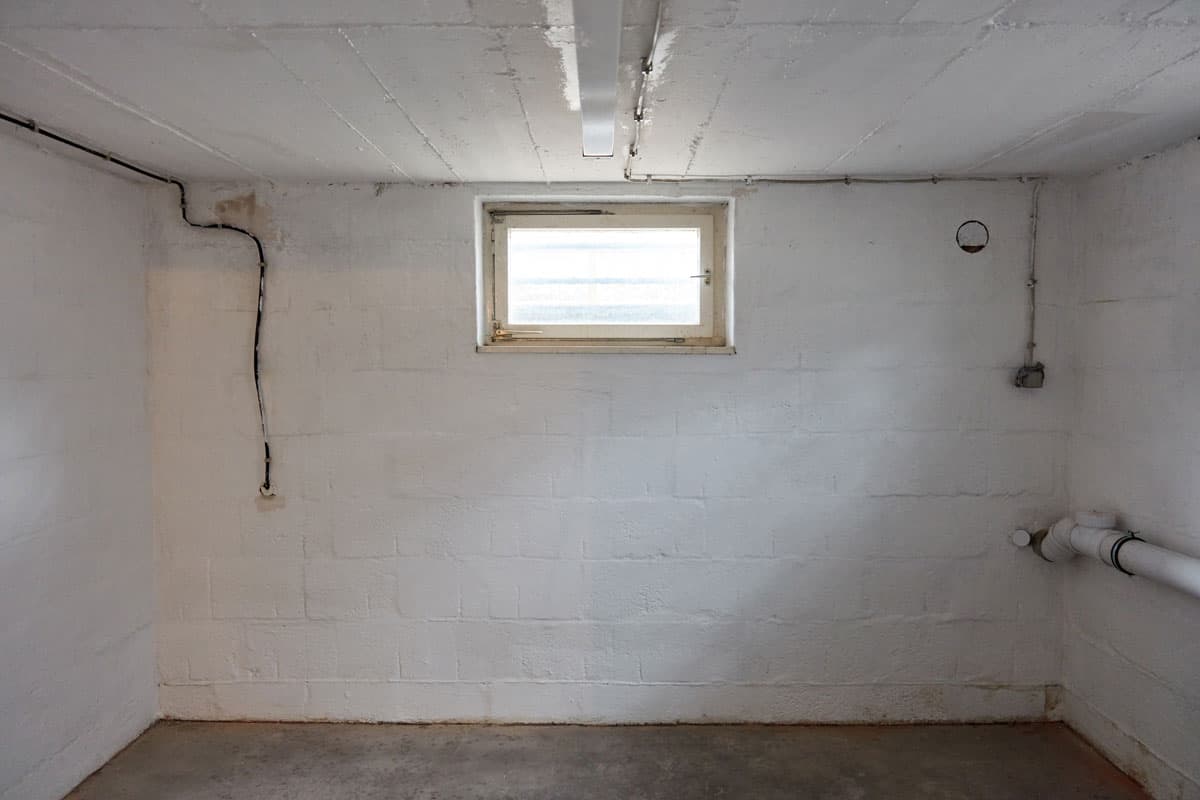
Tempered glass cannot be resized once production is finished. This will compromise the quality and safety of the product. If you need to have tempered glass sheets in a different size other than those available on the market, you need to have yours customized and it can be costly.
These are the advantages and disadvantages of tempered glass. Now you can manage your expectations about this product when you use it at home.
Final Thoughts
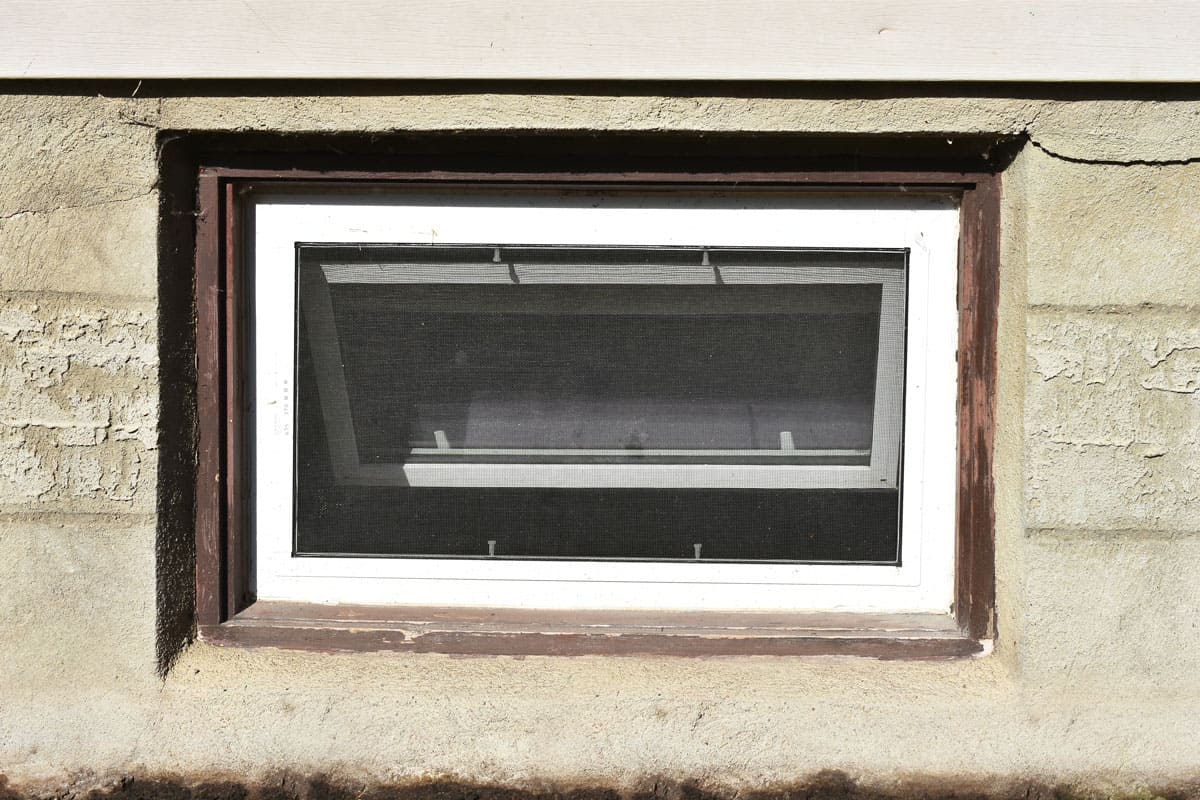
Not all basement windows need to be tempered. Check if the size and location of your window meet all the criteria stated by the IRC and only then will you need to install a tempered window in your basement.
To learn more about windows, you may read the following posts:



